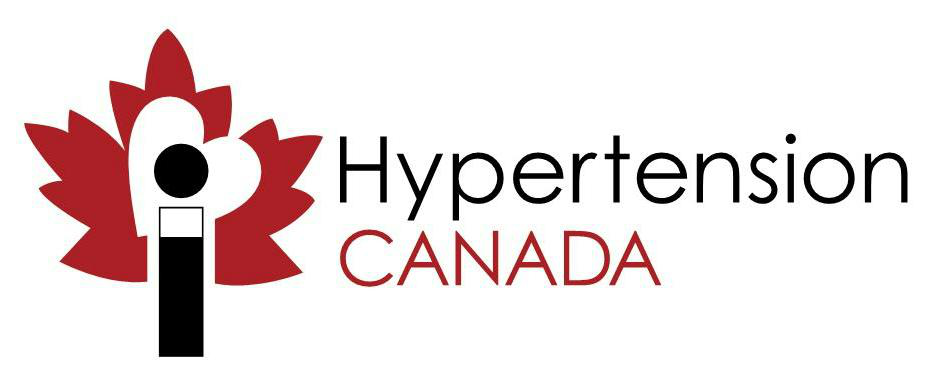Resistant hypertension
- Patients with resistant hypertension should be referred to providers with expertise in diagnosis and management of hypertension.
Patients with persistent hypertension despite use of >3 BP-lowering drugs at optimal doses (defined as resistant hypertension) are at high risk of adverse cardiovascular outcomes.
Evaluation of resistant hypertension includes ruling out apparent resistant hypertension by using accurate OBPM and/ or ABPM and conducting a detailed evaluation of adherence (which is a common risk factor for apparent resistant hyper-tension; Table 10). Referral to a hypertension specialist may be considered if resistant hypertension is confirmed. Because of the higher cardiovascular risk and increased likelihood that patients with resistant hypertension have secondary causes for hypertension, specialized investigations might be warranted.
Typically, a combination of renin-angiotensin-aldosterone system blocker, CCB, and a diuretic are used to ensure that different mechanisms for increases in BP are blocked.78 Although Grade A evidence is available to support the dual combination of ACE inhibitor/CCB from the Avoiding Car-diovascular Events Through Combination Therapy in Patients Living With Systolic Hypertension (ACCOMPLISH) trial,79 additional diuretic therapy, to address intravascular volume expansion as a cause for resistant hypertension, is on the basis of expert opinion.80,81 Garg et al.82 reported improved BP control with a combination of renin-angiotensin-aldosterone system blocker, CCB, and a diuretic. However, no cardiovascular outcomes were considered.
Several systematic reviews of clinical trials support the introduction of spironolactone (compared with other antihy-pertensive agents) as a fourth agent for reducing BP.83-86 However, none of the trials report on cardiovascular out-comes or mortality. Clinical trial data also show doxazosin, bisoprolol, and clonidine reduce BP more than placebo.86 Moreover, in the Prevention and Treatment of Hypertension with Algorithm-based Therapy-2 (PATHWAY-2) trial it was shown that amiloride reduced BP in a manner similar to spi-ronolactone.87 There is also a small trial that showed that eplerenone reduced BP in this population compared with pla-cebo.88 Therapeutic strategies in resistant hypertension are presented in Table 11.
Recommendations
- We recommend that patients with resistant hypertension, defined as BP above target despite 3 BP-lowering drugs at optimal doses, preferably including a diuretic, be referred to a provider with expertise in hypertension management for diagnosis (Table 10) and therapeutic (Table 11) pur-poses (Grade D; new recommendation).
Renal/Renovascular Hypertension
New recommendations for 2020
- When investigating renovascular hypertension, care-fully consider renal function.
For patients with severely reduced kidney function (eGFR <30 mL/min/1.73 m2), the preferred diagnostic test for renal artery stenosis screening should be considered on a case-by-case basis and in consultation with a nephrologist. Magnetic resonance angiography with gadolinium-based contrast agents is not uni-versally recommended in this patient population, and alternative diagnostic tests (eg, unenhanced magnetic resonance imaging, computed tomography, ultrasound, scintigraphy, etc) should be considered first. Although conventional angiography is associated with an increased risk of contrast-induced nephropathy, this complication may be reversible, and the procedure itself might offer the opportunity of an intervention (ie, renal angioplasty and/or stenting) should renal artery stenosis be confirmed.


